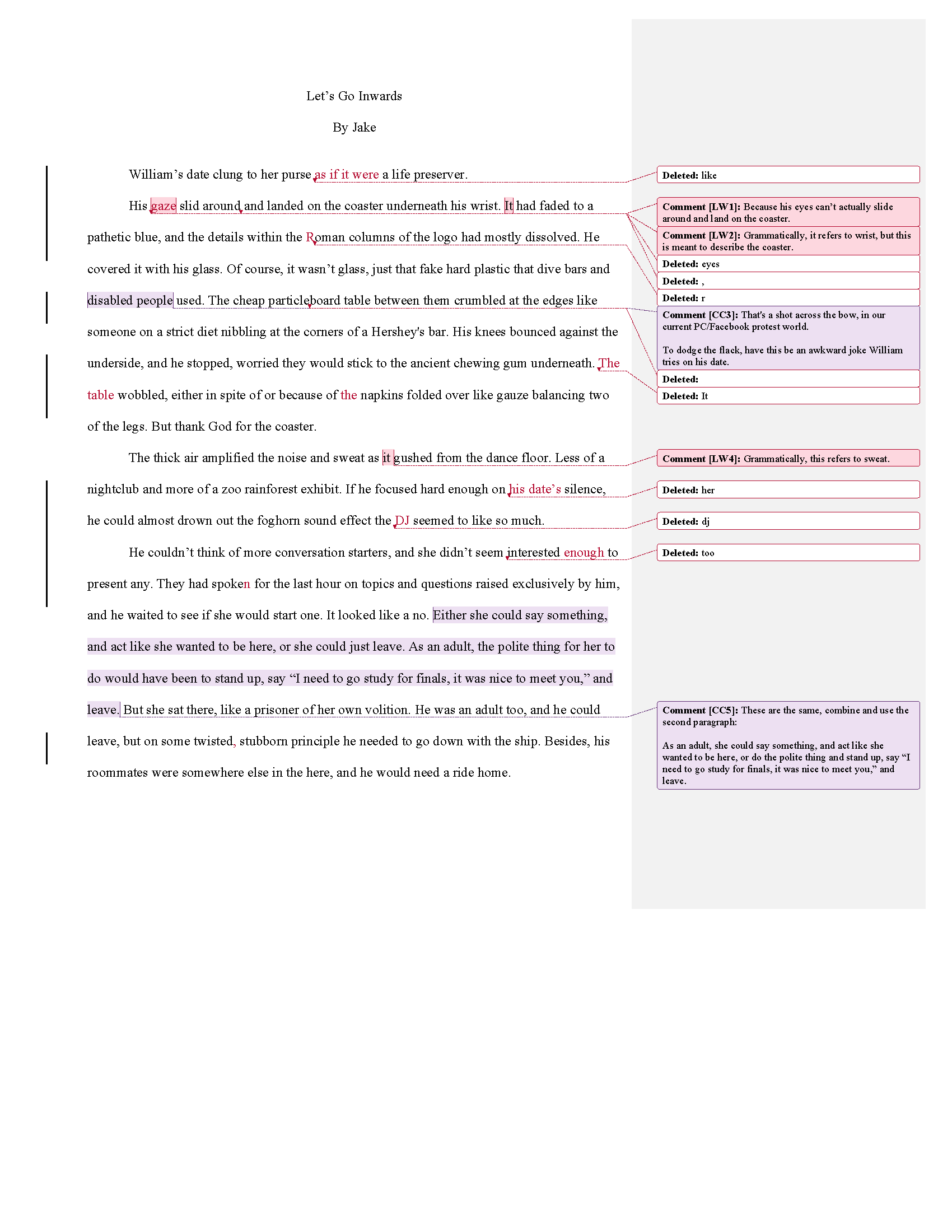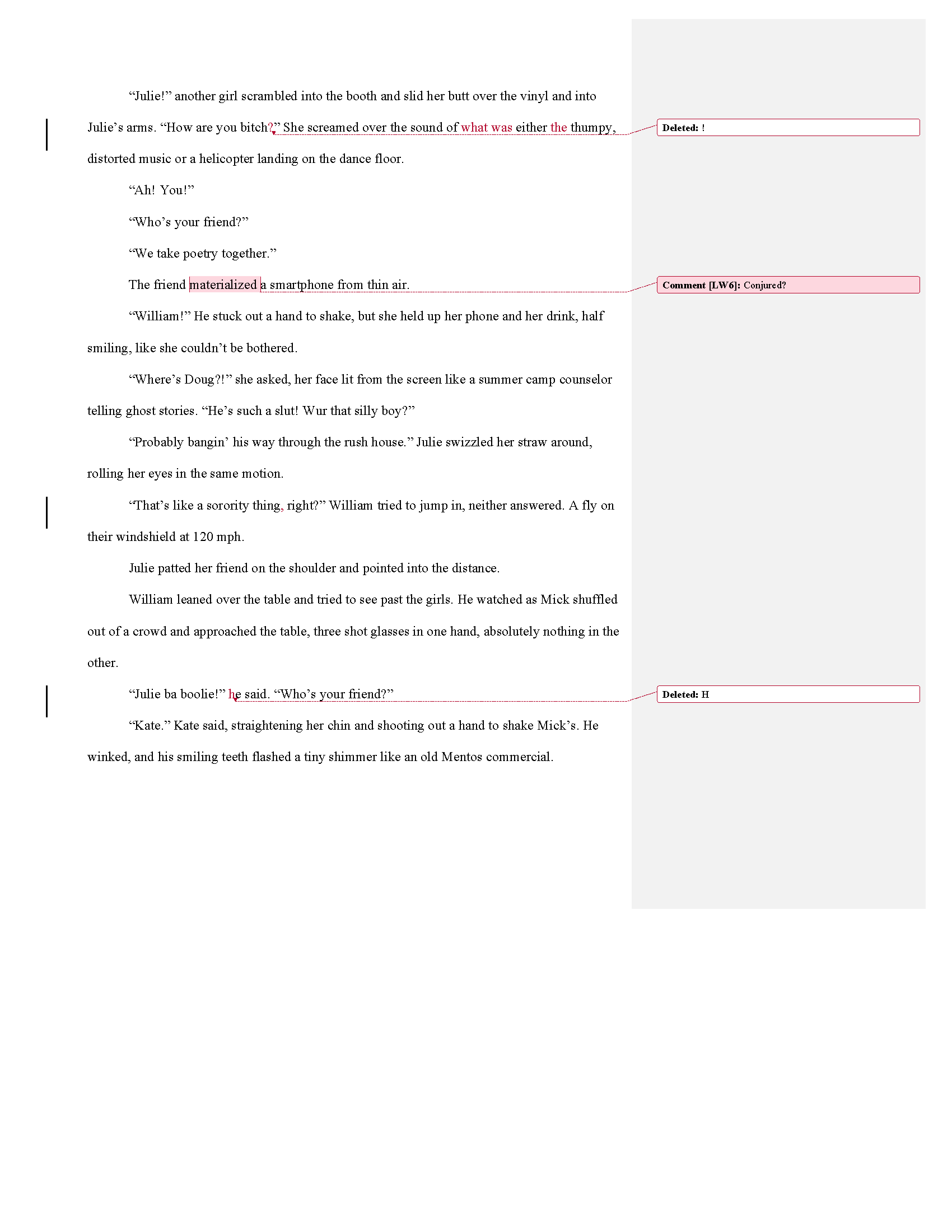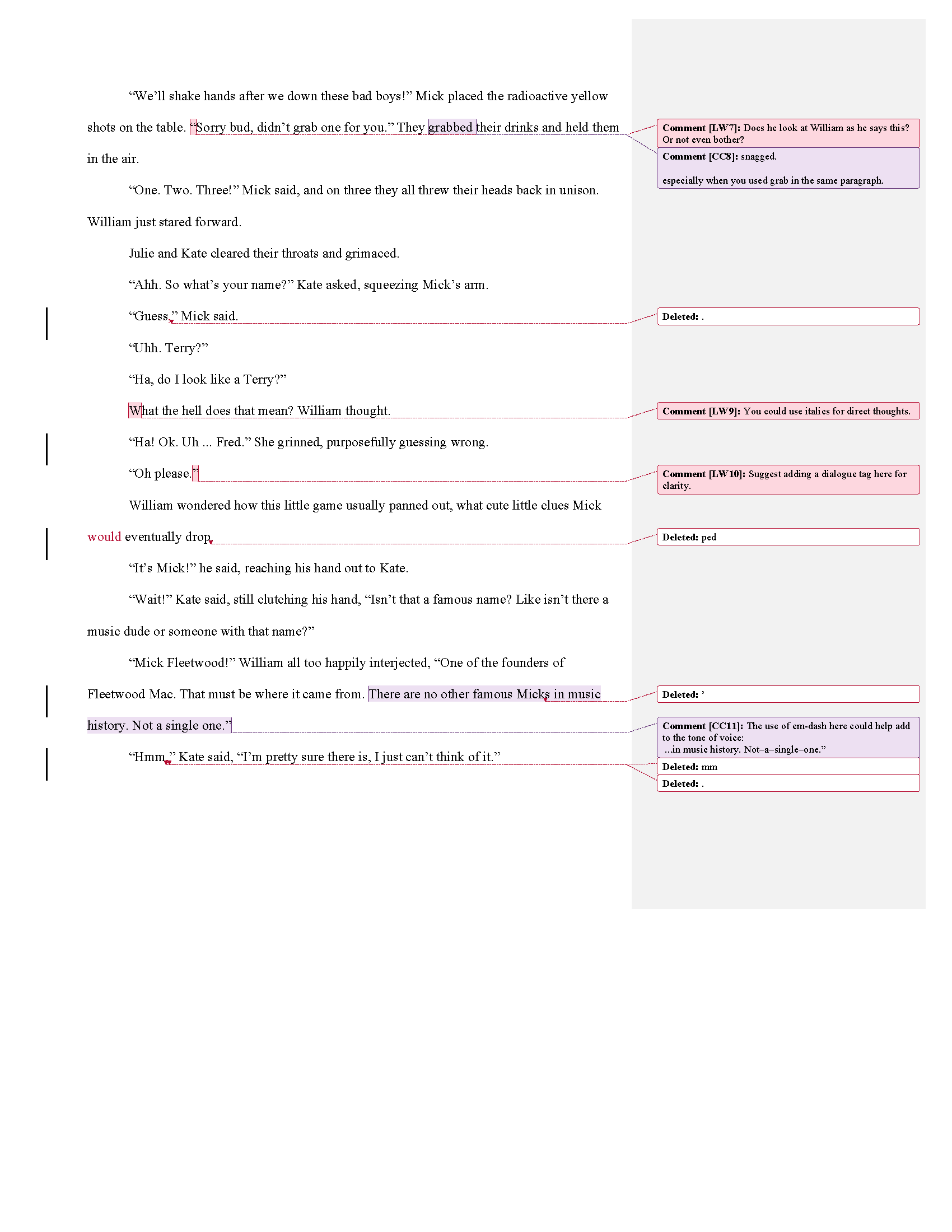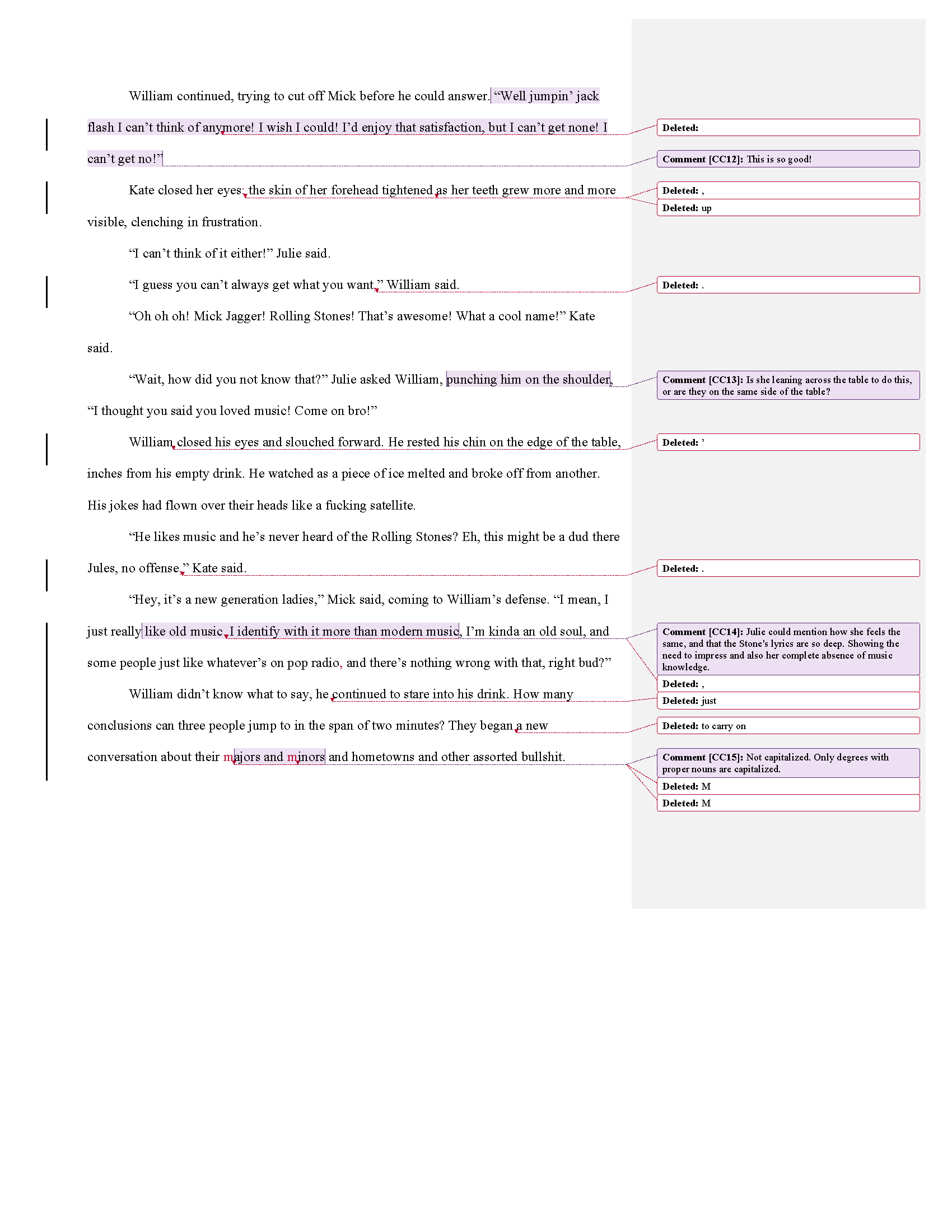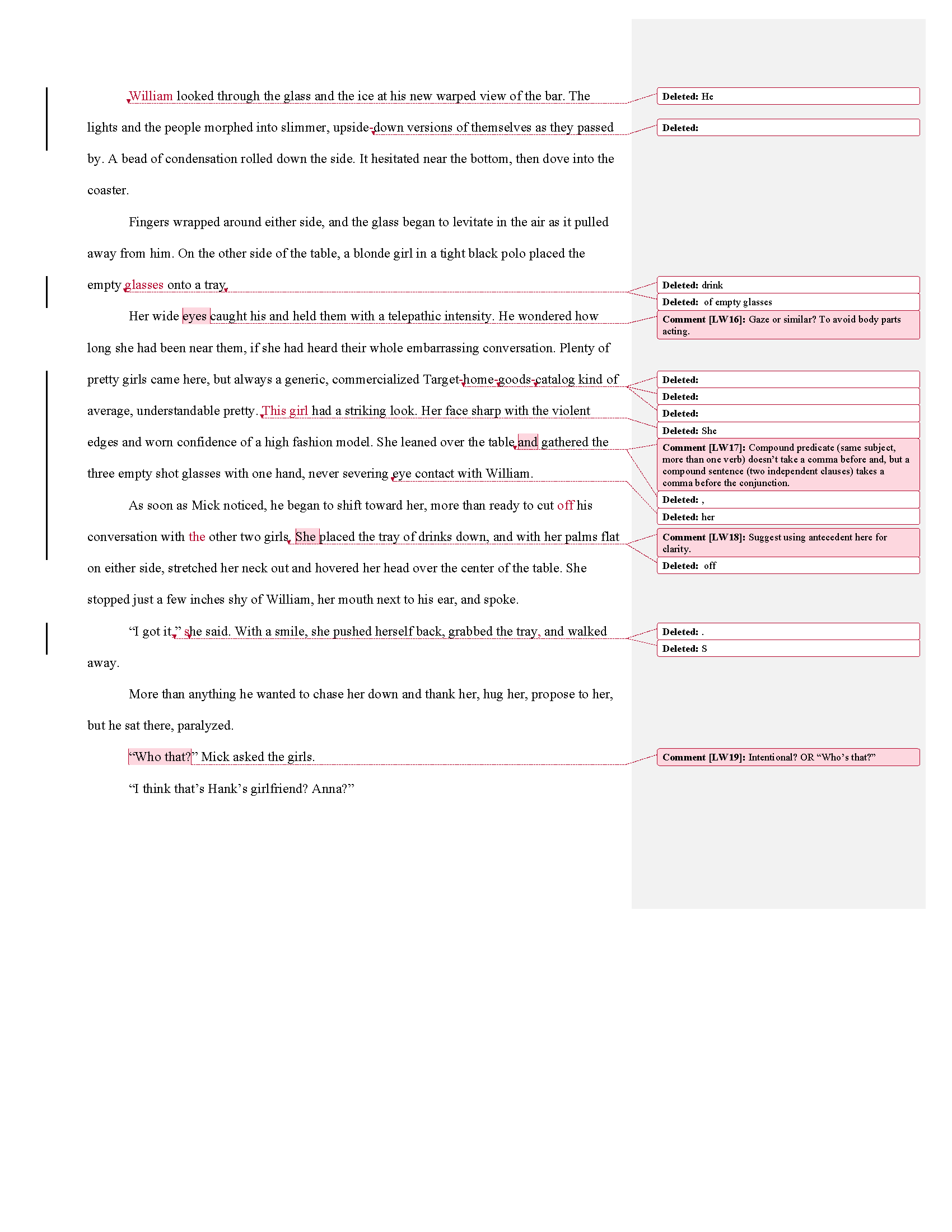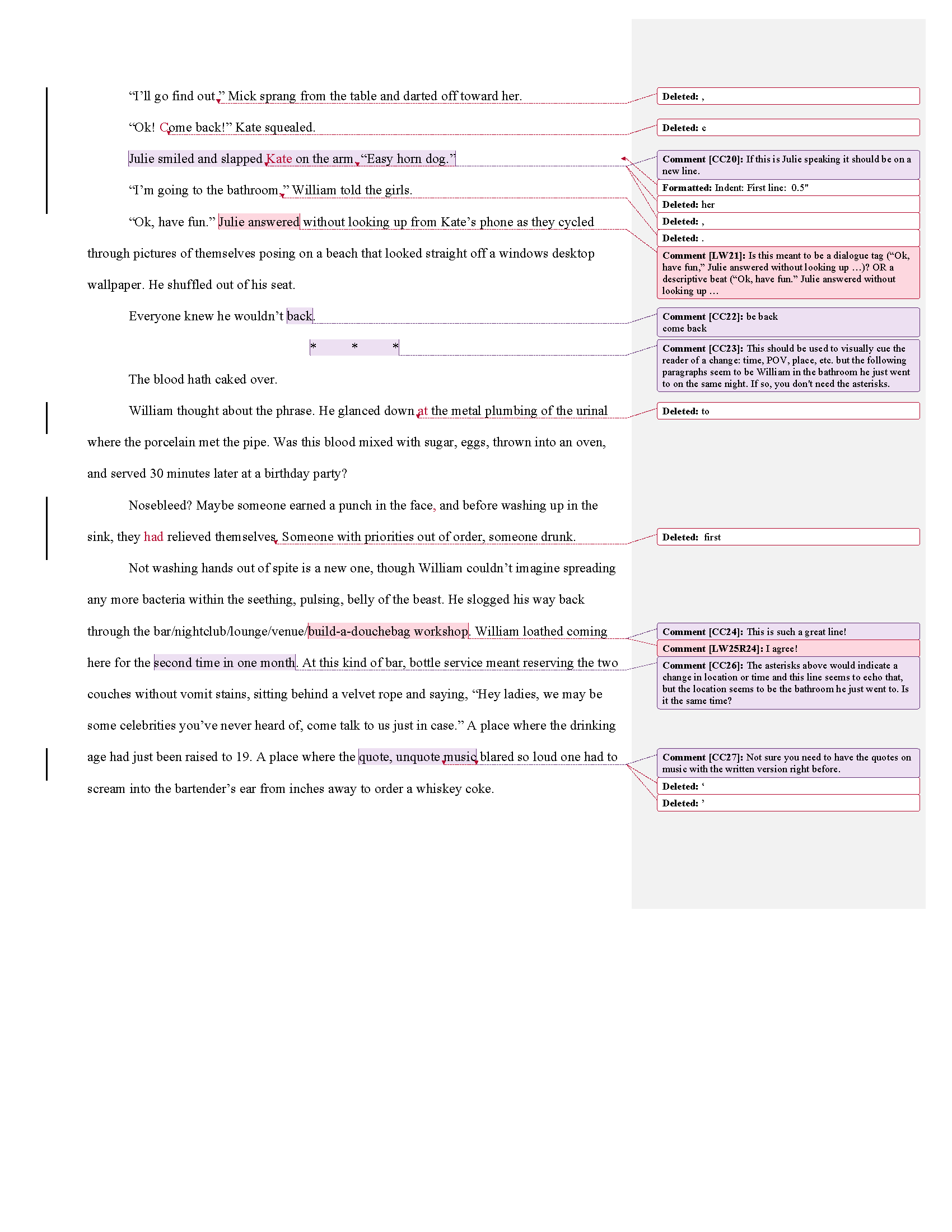In this episode, Leslie and Clark critique the first chapter of Let’s Go Inwards, a science fiction novel by Jake. They discuss revealing character. Unlike screenwriters, we can’t rely on actors to show the audience who our characters are. But we have access to and can expose our characters’ thoughts and motivations in other ways. This episode also includes suggestions for word choice and figurative language.
Listen to the Writership Podcast
There is some adult language in this episode.
Wise Words on Creating memorable Characters
“The creation of character presents special problems for writers of fiction. The playwright or screenwriter can hope for arresting actors whose appearance, presence, mannerisms, and delivery will create memorable characters. As a writer you have only your words on the page. You cannot even rely on illustration, as nineteenth-century writers often did. At the same time, there’s nothing more important to your fiction than your characters.”
Send Us Your Questions!
Click here to submit your questions on writing and editing, for Leslie and Clark to answer in the 100th episode.
Editorial Mission—Revealing Character
When you revise your scenes look for the ways you have revealed character. Look at their actions, what they say, what they think, how they react to people and the setting, how people react to them. Be sure that you’ve revealed your characters’ essence rather than presented what they look like, which though important, is only one way to reveal character.
Editing Advice to Our Author
Dear Jake,
Thank you for your submission!
One of the main jobs of a story’s opening is to help the reader get to know the main characters. You’ve done a nice job of revealing who William is through a variety of means, including his thoughts, other people’s reactions to him, the things he notices, and his action (or lack of it since he doesn’t act on the urge to follow the bartender right away). He’s clever, opinionated, and out of his element. We get a clear picture of Julie, Kate, and Mick through William’s eyes as well in what he notices about what they do and say.
The transition to the bathroom at the end of the submission tripped us up a little. Since there isn’t a big break in time or place, we’re not sure you need the asterisks.
We suggest being mindful of metaphors and similes. Everything you included in this excerpt is great, but there are so many of them that they lose their power. As hard as it is to choose, consider which one is your favorite for this opening and save the others for another time.
Some picky stuff:
Watch for pronoun antecedents so that grammatically you are referring to what you mean to. For example, in the second sentence that follows, it refers to his wrist, the closest singular noun to the pronoun.
We found some misplaced modifiers, descriptive phrases that are far away from what they modify, so that they seem to illuminate something else.
Compound predicates (e.g., I swept and mopped the deck) don’t take a comma before the and, but compound sentences (e.g., I’ll sweep the deck, and you can mop it) generally do take a comma before and.
As you revise, be mindful of dialogue punctuation. Here’s Writership’s guide to help you with this.
Thank you for trusting us with your words!
All the best,
Leslie & Clark
Line Edits for Our Science fiction Story
Image courtesy of PHOTOCREO Michal Bednarek/bigstockphoto.com.


